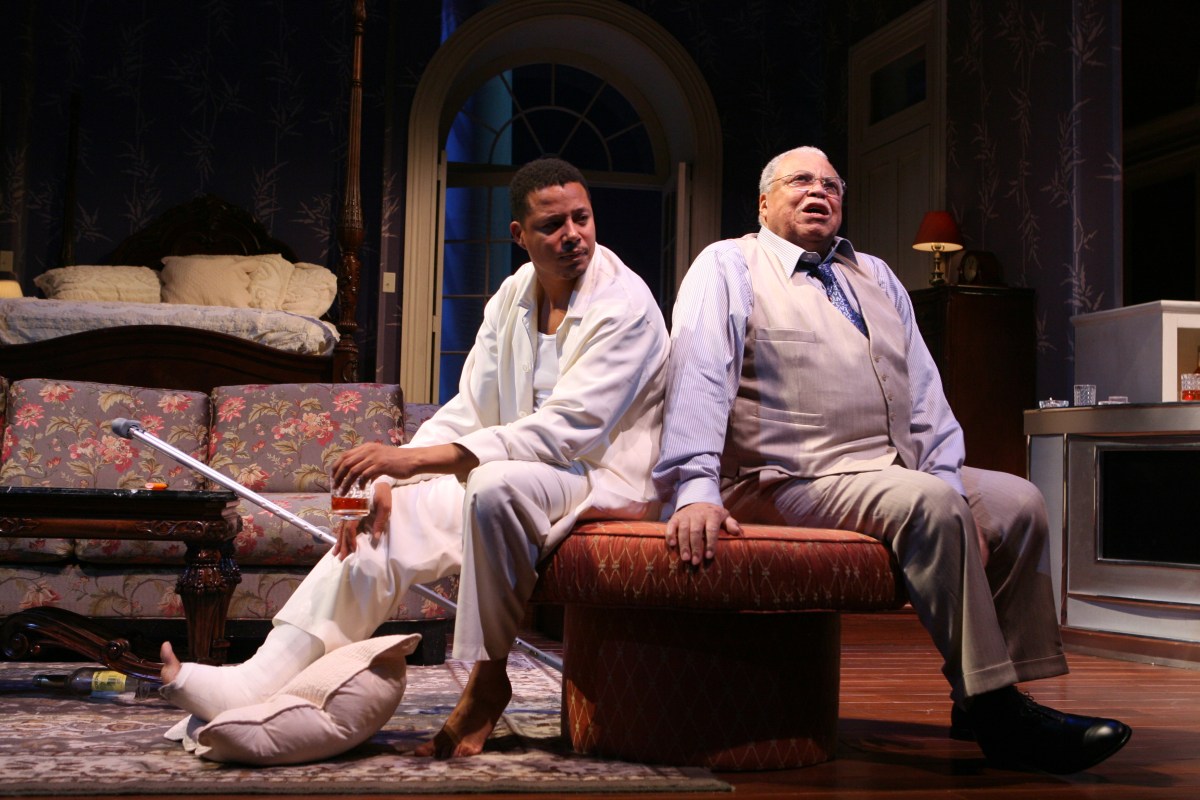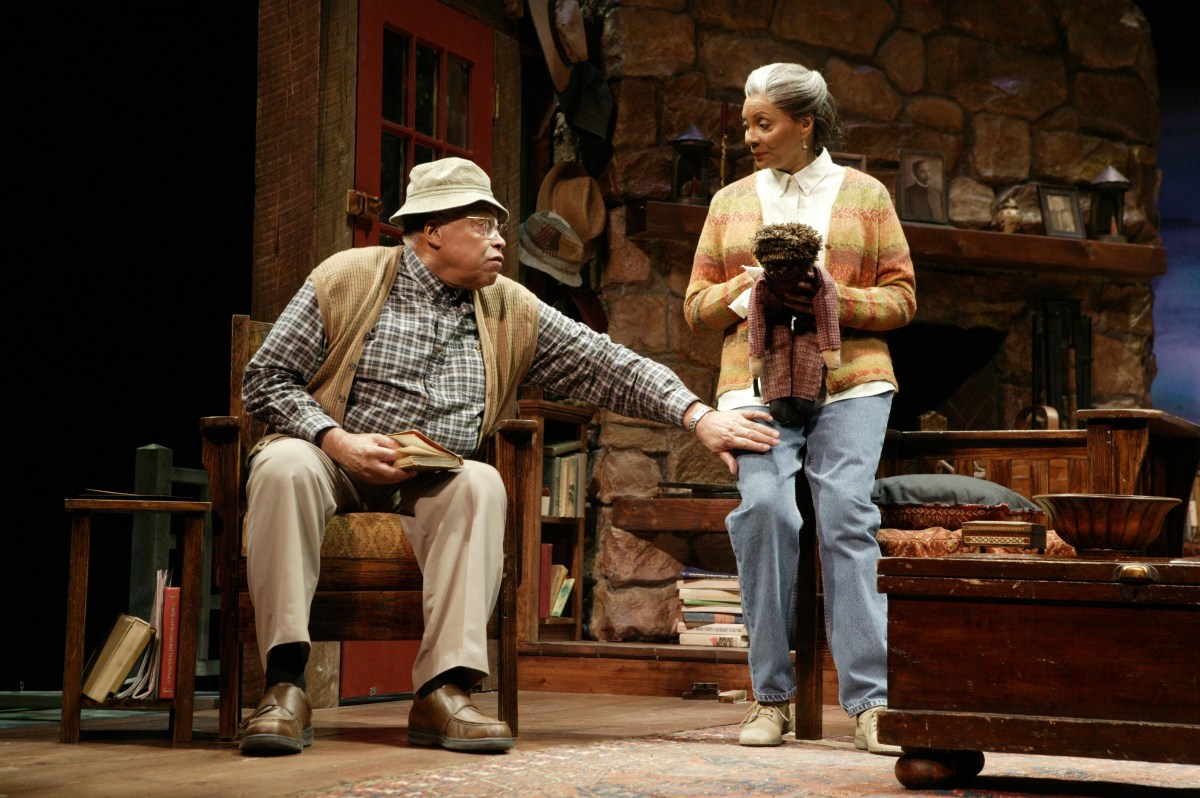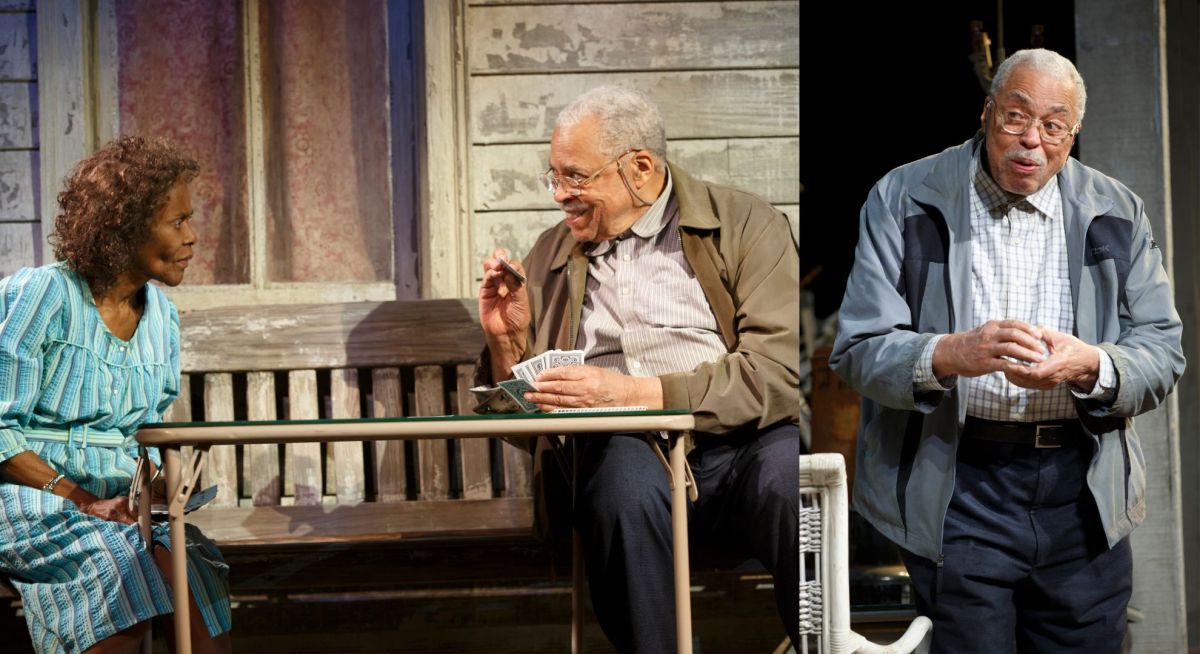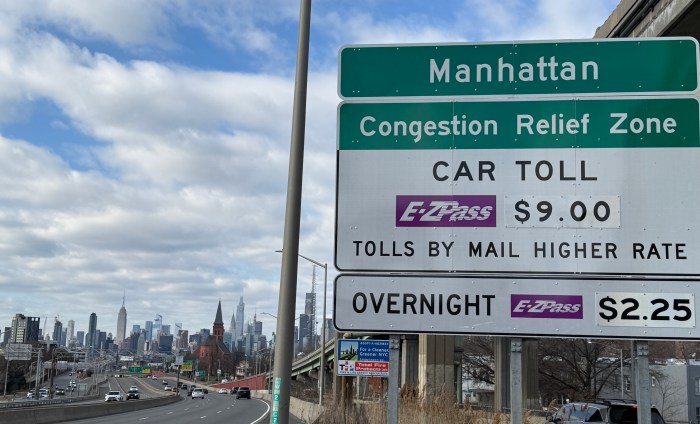On Thursday, September 26 at 6:45 p.m., the lights of the theaters on Broadway will be dimmed in honor of the memory of stage and screen icon James Earl Jones, who died on September 9 at the age of 93. One of those theaters will be the James Earl Jones Theatre. Formerly the Cort Theatre, the venue on 48th Street was renamed in 2022 in honor of Jones.
The first time I saw Jones onstage was at that theater in a 2005 revival of Ernest Thompson’s tranquil family drama “On Golden Pond.” That production marked Jones’ first Broadway appearance since the original production of August Wilson’s “Fences,” kicking off a decade-long series of six Broadway shows that Jones would appear in that also included “Cat on a Hot Tin Roof” (2008), “Driving Miss Daisy” (2010), “The Best Man” (2012), “You Can’t Take It With You” (2014), and “The Gin Game” (2015).
I am not going to argue that Jones’ appearances in these productions could compare with his earlier performances in substantial dramas such as “The Great White Hope” (1968) and “Fences” (1987), for which he won Tony Awards, as well as “The Iceman Cometh” (1973), “A Lesson from Aloes” (1980), “Othello” (1982), all of which preceded my time. However, these more recent productions provided Jones with the opportunity to return to the stage and once again showcase his resonant voice, muscular theatricality, warm spirit, and undeniable star presence.

Each of Jones’ appearances from 2005 to 2015 was in a revival of a classic (or at least semi-classic) American play. With the exception of “Driving Miss Daisy,” in each production, Jones took on a role that was originally played by a Caucasian actor. In “The Best Man” and “You Can’t Take It With You,” the casting was completely color-blind. In Debbie Allen’s production of Tennessee Williams’ “Cat on a Hot Tin Roof,” Jones joined an all-Black cast that also included Anika Noni Rose and Phylicia Rashad.
Among them, Jones’ most endearing performance was likely as a zany, loving grandfather in “You Can’t Take It With You,” George S. Kaufman and Moss Hart’s silly and sentimental 1937 ensemble comedy. It was a zippy and giddy revival in which Jones was joined by the likes of Rose Byrne, Elizabeth Ashley, Kristine Nielsen, Julie Halston, Mark Linn Baker, and Annaleigh Ashford. Jones stood out with his character’s climactic monologue defending his quirky views and individuality.

Another highlight was the 1960 political melodrama “The Best Man,” in which Jones played a chummy, dying former U.S. president and was joined by Angela Lansbury, Candice Bergen, Eric McCormack, and John Larroquette. By comparison, “Driving Miss Daisy” and “The Gin Game,” both small, sentimental dramas that have not aged well, were a lot less engaging.
The last time I saw Jones onstage was in 2016 in a week-long concert production at City Center of “Kurt Vonnegut’s God Bless You, Mr. Rosewater,” a long-forgotten adaptation of Vonnegut’s 1965 novel about an inebriated millionaire/volunteer fireman. Jones arrived at the end in a sort of deus ex machina twist.
There can be no doubt that Jones enriched Broadway during his final years through these appearances and is deserving of the Broadway theater named in his honor. Speaking of which, another stage luminary who returned to Broadway at the end of a long and illustrious career was Angela Lansbury, making appearances in “Deuce” (2007), “Blithe Spirit” (2009), “A Little Night Music” (2009), and “The Best Man” (2012). Doesn’t she deserve a Broadway theater too?



































